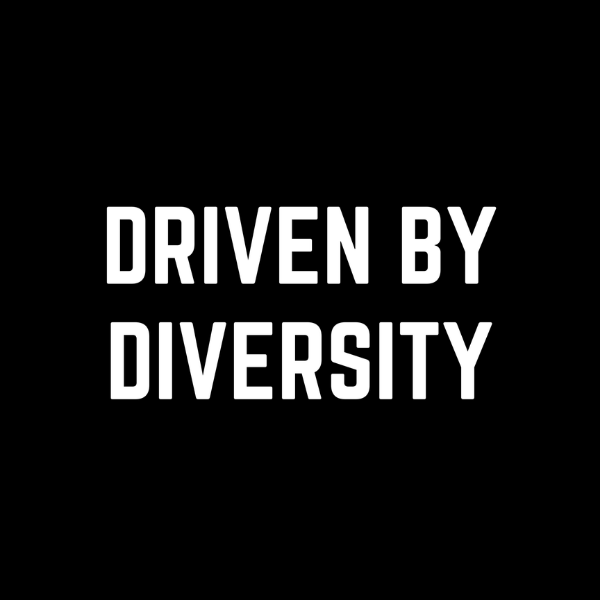The FIM will continue to prohibit Russian and Belarusian riders from taking part in races under its oversight for the forseeable future. Such a decision was reached after the FIM Board of Directors met on Friday in Madrid, Spain, ahead of the FIM Motocross World Championship round there.
The policy was implemented on 5 March 2022, nine days after Russia launched its widely condemned invasion of Ukraine. Such a ban is enforced via barring the Motorcycle Federation of Russia (MFR) and the Belarusian Federation of Motorcycle Sport (BFMS) from issuing FIM licences, while those already given out by the two federations are void. Members of either club who serve in FIM positions are also indefinitely suspended, as are FIM races that take place in the countries.
Although the FIA also has its own rules for drivers from Russia and ally Belarus, they are less restrictive than their FIM counterpart. Introduced four days before the FIM’s, the FIA’s “emergency measures” consist of documentation stipulating competitors stand in solidarity with Ukraine and those affected by the war, and that they agree to not display their nations’ emblems on their vehicles or gear. Document signees may also switch to another country’s flag if they have a licence from there or compete with no nationality.
Both motorsport bodies were already limiting Russians from racing under their flag amid the state-sponsored doping scandal in the years before the full-scale invasion.
“The Board of Directors reiterated its sympathy and solidarity with all those suffering, as a result of the Russian invasion of Ukraine,” reads a statement from the FIM. “After having carefully considered the latest statements of the IOC and the fact that no favourable evolution of the situation had been noted in Ukraine, the Board once again confirmed the decisions taken at its extraordinary meeting on 5 March 2022. The FIM will continue to monitor the evolution of the situation, taking into account the specificity of motorcycle sport.”
The policies have unsurprisingly sparked outcry from Russian racers who regarded them as discrimination and injecting politics into sport. While some drivers signed the FIA’s terms and can continue to compete internationally like Ferrari test driver Robert Shwartzman, who races with an Israeli licence, others have openly opposed them such as Dakar Rally powerhouse KAMAZ-master. Those in the latter camp have since been limited to racing domestically or finding events beyond their borders outside of FIA sanction.
The FIM’s complete prohibition came under particular scrutiny in October when Dmitriy Mazanov was ejected from the FIM Bajas World Cup’s Baja Portalgre 500 by Portugal’s motorcycling body at the last minute due to his Belarusian citizenship, despite openly stating he no longer lives there and has raced with a Ukrainian licence. In an interview with Belarusian sports site Tribuna.com (which is banned by the government for “extremist” views; its founder Dzmitry Navosha is a pro-democracy activist) later that month, Mazanov stressed he does not support Belarusian President Alexander Lukashenko, having stood by protesters of the 2020 presidential election that was widely deemed fraudulent and attempted to provide some assistance to Ukrainians after the invasion’s escalation. He also proposed in lieu of a total ban for such matters be dealt with on a case-by-case basis as there is a non-insignificant fraction of Belarus’ population that opposes the invasion.
“It is much more reasonable to allow us to race on the condition of signing an anti-war declaration (as the FIA does) than to ban absolutely everyone (like the FIM),” Mazanov opined. “In the first case, by the number of signatures, it is much easier to see that the majority is against the war. In the second, nothing is visible and it begins to appear that all those who are not racing are supporting the war. Realistically, if I had been told to sign a letter against the war in order to be allowed to race, I would have done it right away.”
Whether or not Russian and Belarusian athletes should be kicked out global competition is a debate that has sprung up across virtually every major sport since the invasion. The FIM molded its policy after the International Olympic Committee, whose executive board advised a total ban in March 2022 but has since recommended allowing them to take part as neutral athletes so long as they do not have ties to their militaries. Last Wednesday, the Union Cycliste Internationale overturned its ban on such cyclists though they cannot race for teams sponsored by Russo-Belarusian entities.
The so-called “special military operation” is currently in its 440th day.



